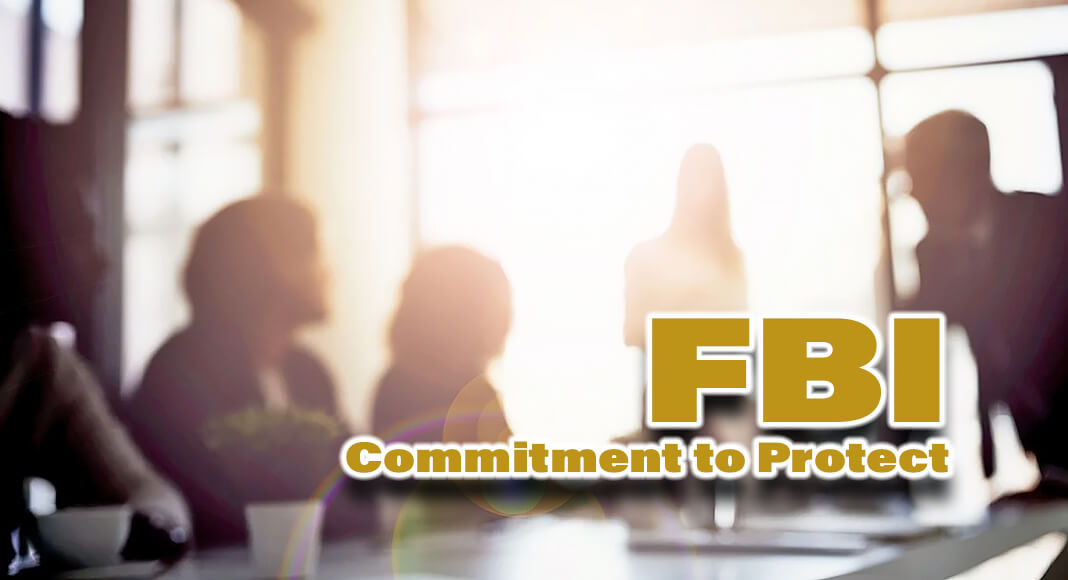
Texas Border Business
The FBI is committed to fostering partnerships between the Bureau and the communities it serves and protects—in times of peace and crisis, alike. And the Bureau’s dedication to ensuring the safety of our nation’s Jews, Muslims, and Arabs hasn’t wavered amid the ongoing situation between Israel and Hamas in the Gaza region.
“We live in a transnational world, and citizens from various backgrounds have connections overseas, so what happens overseas matters domestically to the communities that we serve,” noted Ken Hoffman, the head of the FBI’s Community Relations Unit, or CRU.
The pursuit of partnerships is an FBI-wide endeavor. CRU, in particular, works to create and strengthen relationships locally and nationally with minority groups, religious and civic organizations, schools, non-profits, and other entities.
According to Hoffman, CRU places a special emphasis on fostering trust with communities that are underserved and ones that might have a legacy of mistrust with the FBI. “That takes time and energy to overcome,” he noted. “Our goal is to show these communities that that they are a constituency within the FBI—that we support them like any other citizen or any other organization—and to try to get them to understand what we do, how we do it, and how we can help them.”
In the wake of Hamas’ October 2023 terrorist attacks in Israel and the ensuing crisis in the Gaza region, the FBI has collaborated with our law enforcement partners to investigate potential threats against Jewish, Muslim, and Arab communities and institutions.
FBI executive leadership—and community outreach specialists in our 56 field offices across the country—have also reached out to civic and faith-based organizations to reiterate the Bureau’s mission; our dedication to protecting people’s rights to live, work, and worship freely; and the resources we offer the public to safeguard their circles from hate crimes and other threats.
Within the first 30 days of the current conflict, FBI Director Christopher Wray reached out to national-level partners and participated in a topical conference call. Deputy Director Paul Abbate and representatives from multiple HQ divisions attended a meeting with an interfaith council related to the crisis. And Office of Public Affairs Assistant Director Cathy Milhoan reached out to the FBI’s national partners and community leaders reiterating our commitment to partnering with and protecting them during this time.
“I understand this is an elevated time of concern for your communities, so I want to assure you: the FBI will not tolerate violence—especially violence motivated by hate and extremism,” wrote Milhoan in a recent letter to the Bureau’s national partners and community leaders. “We will continue to do everything in our power and use all our legal authorities to protect the American people and pursue justice for all victims, their families, and their communities.”
CRU directed all Bureau field offices to provide outreach to their Jewish and Muslim communities, Hoffman said. This outreach looked different for different field offices, depending on resources and the populations who call their areas of responsibility home, he explained. In Baltimore, for instance, field office personnel visited every mosque and synagogue within the office’s area of responsibility to directly communicate with their leadership.
CRU estimates that field offices undertook over 660 conflict-related engagements with community partners within the first 30 days of the conflict. In that same period, personnel from the Bureau’s 56 field offices had topical conversations with faith and civic groups in their areas of responsibility on a daily basis. Headquarters CRU staff also helped faith-based groups address threats they received in connection with the conflict.
“The reality is the better we know our communities, the better we can protect them,” Hoffman said. “At its highest level, engaging in collaborative FBI-community partnerships allows both groups to build meaningful relationships based on trust, break down barriers and stereotypes, increase transparency, and promote understanding. On a more granular level, partnering allows community and faith-based groups to have their voices heard and bring their unique knowledge to the table to work collaboratively with us to solve crime problems facing their community.”
Information Source: FBI















